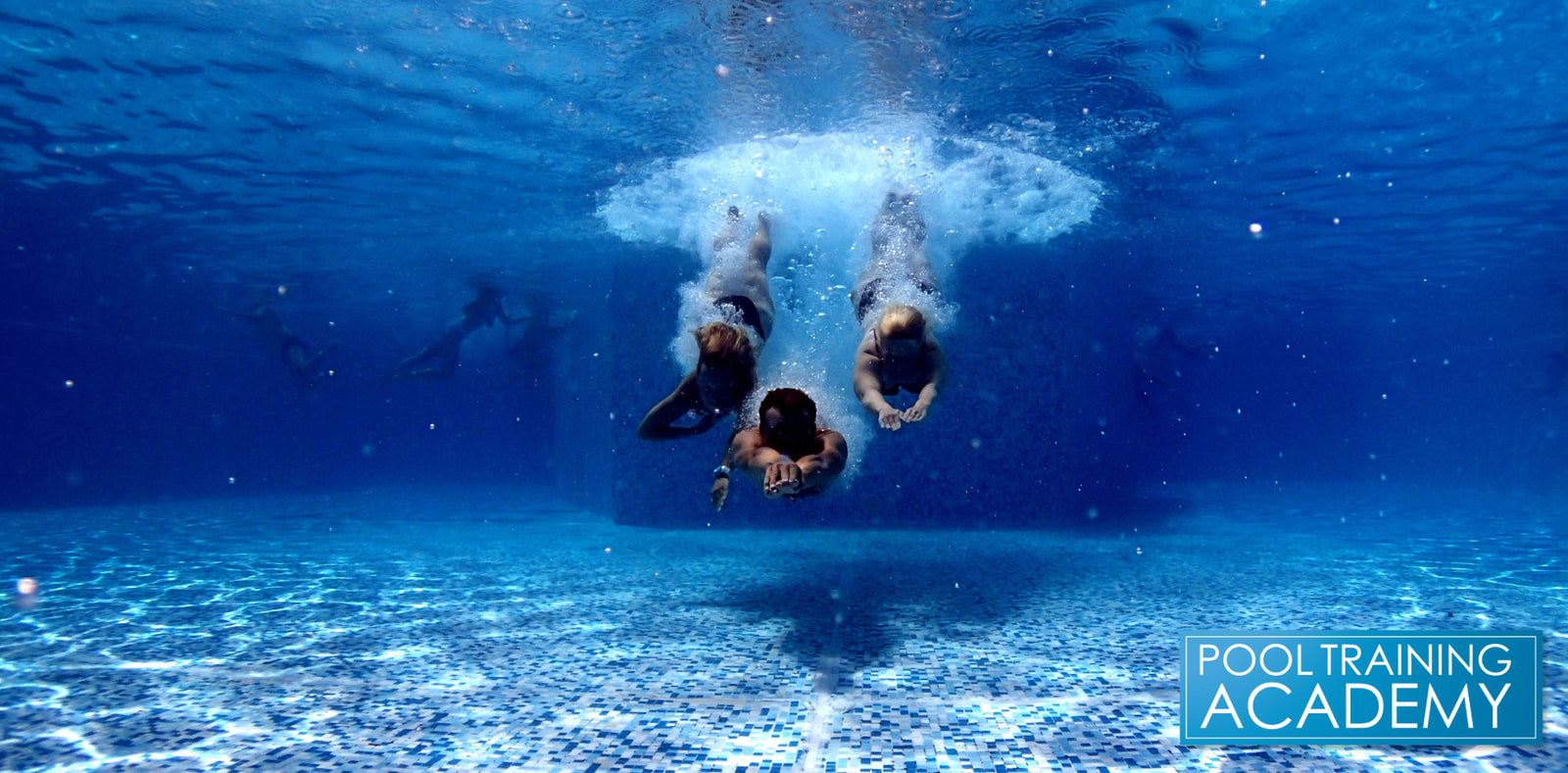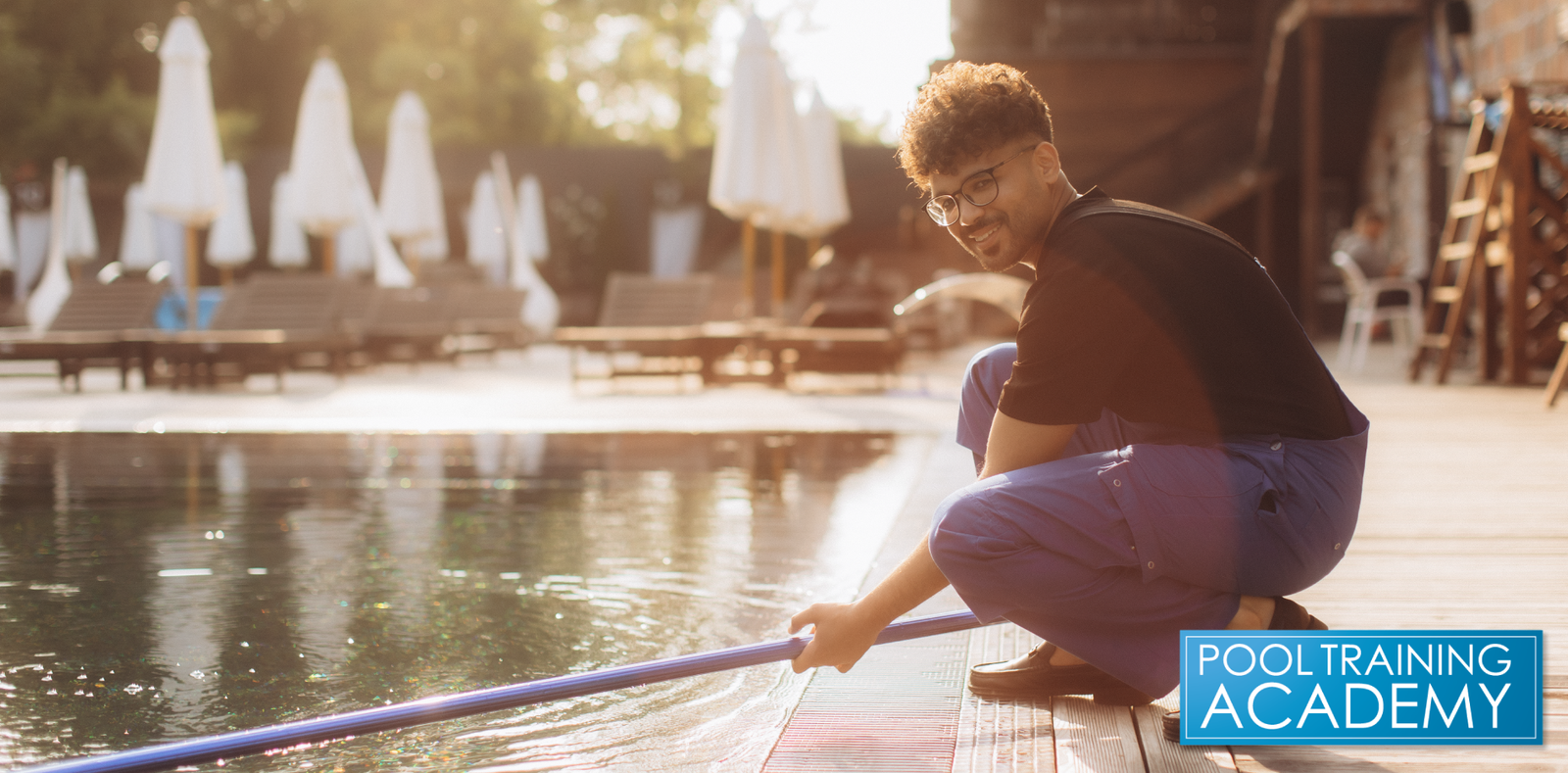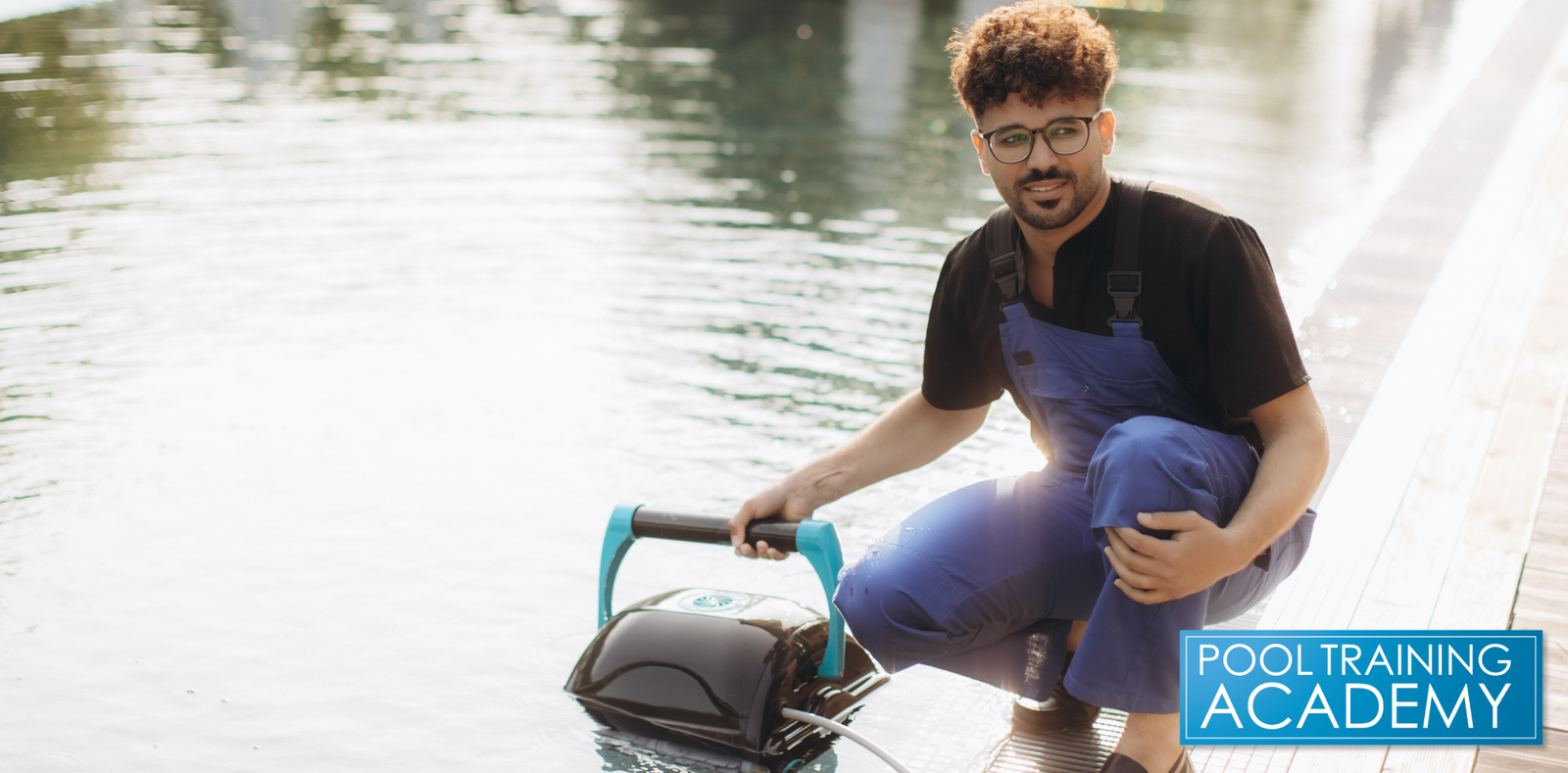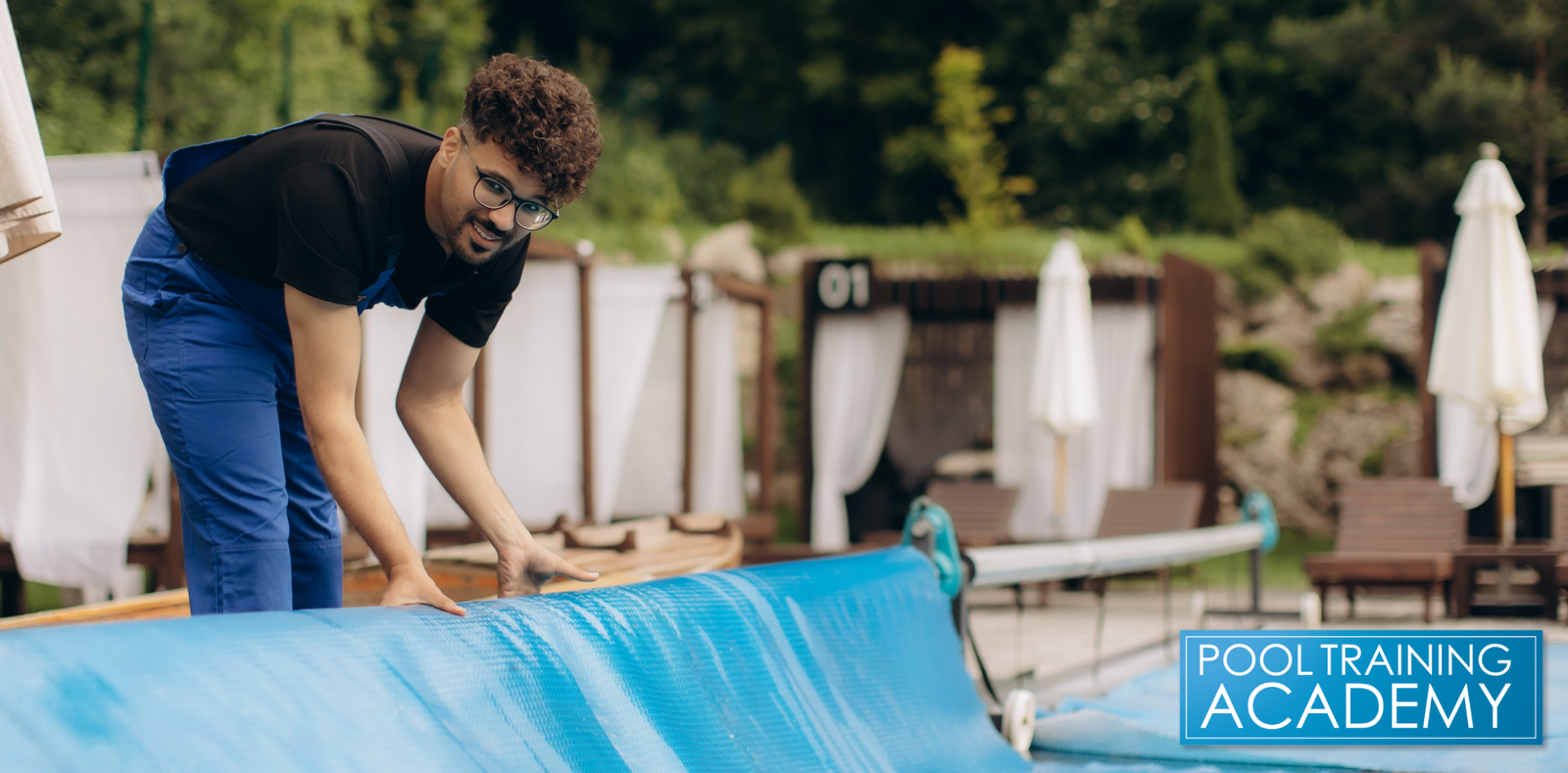
We're finally beginning to see a light at the end of the tunnel when it comes to downtimes and closures of our properties due to the coronavirus pandemic. But with these gradual openings come a few complications and things to keep in mind when reopening. In this article we'll explore the following steps to take when preparing to open your pool post-coronavirus shutdown:
- Certification Requirements
- New Local Health Guidelines
- Circulation/Operation
- Disinfection
Get CPO® Certified ASAP
CPO® Certification is the first step to opening your pool and hot tub facilities. Here in our home state of Colorado, it is legally required that you have someone on site at all times who is certified and trained to operate the aquatic facilities. Many operators have avoided getting this certification for various different reasons, but I can tell you right now, each health department in the area has been sending all of their inspectors through our classes over the last couple of weeks in preparation for the mass inspections that will soon occur due to the need for heightened vigilance against a resurgence of coronavirus cases. This also leads us to believe that health departments will become more strict in who all is required to become certified as well. Make sure you're prepared for that inspection by getting you and your staff the training and certification needed to open and stay open. We offer fully online courses right now that will allow you to get CPO® Certified at your own pace and in the comfort of your own home or office. Click here to start the process of getting CPO® Certified.
New Health Department Requirements
Though we can't look into a crystal ball and see the future, it is pretty certain that our local and state health departments are going to be mandating new health and safety requirements that will ensure our properties are as safe and healthy as possible. These mandates will no doubt also include our aquatic facilities. Some potential examples of upcoming changes may include:
- More frequent chemical testing requirements
- Secondary disinfection requirements
- More frequent reporting
- More frequent inspections
- Reduced staffing requirements
- Reduced capacity requirements
- Surface and concession area cleaning & restrictions
The best we can say with any certainty is to be aware of any updates coming from your state or local health department. This update can come in the form of an email, call, or visit. But it is good to make sure you are following everything they mandate in order to ensure that your facility can safely operate under the new conditions.
If you're curious about state and local standards for your area, click here to find a link over to our codes and resources page. You will also find a link over to the Model Aquatic Health Code on that resources page that will most likely be referenced in any new updates to coronavirus protocol in our local and state pool code addendums.
Operating Your Pool Post-Coronavirus Lockdown
If you've shut your pool down or stopped circulation in your facility, you are going to want to get that pool circulating as soon as possible. Many states are already in the process of easing restrictions on properties and you want to make sure your property is safe and ready for guests as early as possible. It will take upwards of 7-14 days to get your pool ready for action again. This includes:
- Refill your facility (This can take up to 1-5 days)
- Re-heating your water to a temperature of over 77 degrees Fahrenheit (This can take up to a week)
- Balance your overall water chemistry (This can take a few days)
- Get your water clear and clean by circulating your water 24/7
- Maintain safe disinfection levels
Starting this reopening period now will ensure that your property is ready for guests the moment they're allowed to use our facilities again.
Chlorine Will Kill Coronavirus
If you haven't read our article about how effective chlorine is at killing coronavirus, be sure to do so. Due to the amazing effectiveness of chlorine's ability to kill coronavirus, it is crucial that you keep your chlorine levels up. The current recommendation for chlorine levels is to maintain a residual disinfection reading of 3.75ppm-4.5ppm. By keeping your disinfection levels elevated at all times, you can ensure that you are taking one of the most crucial steps in protecting your guests from the spread of coronavirus.
A Note On UV, Ozone, and Advanced Oxidation process
Secondary disinfection systems are a great idea during this time. UV, Ozone, and AOP are all proven to destroy viruses and bacteria very effectively. They add an extra layer of protection to your swimmers that will give them peace of mind when swimming at your property. While not required by most codes, these secondary disinfection systems provide you with a great marketing tool for helping guests feel as safe as possible in your facility.
Always Be Prepared
In the end, being prepared with your CPO® Certification is going to be great baseline in ensuring that your property is on its way to full safety and compliance. Taking the knowledge you learn in the class will also help you understand how to better interact with new health requirements as well as new operational and disinfection requirements. Staying on top of all the new updates will ensure that your property is able to be safe and also start generating revenue again.




Leave a comment (all fields required)